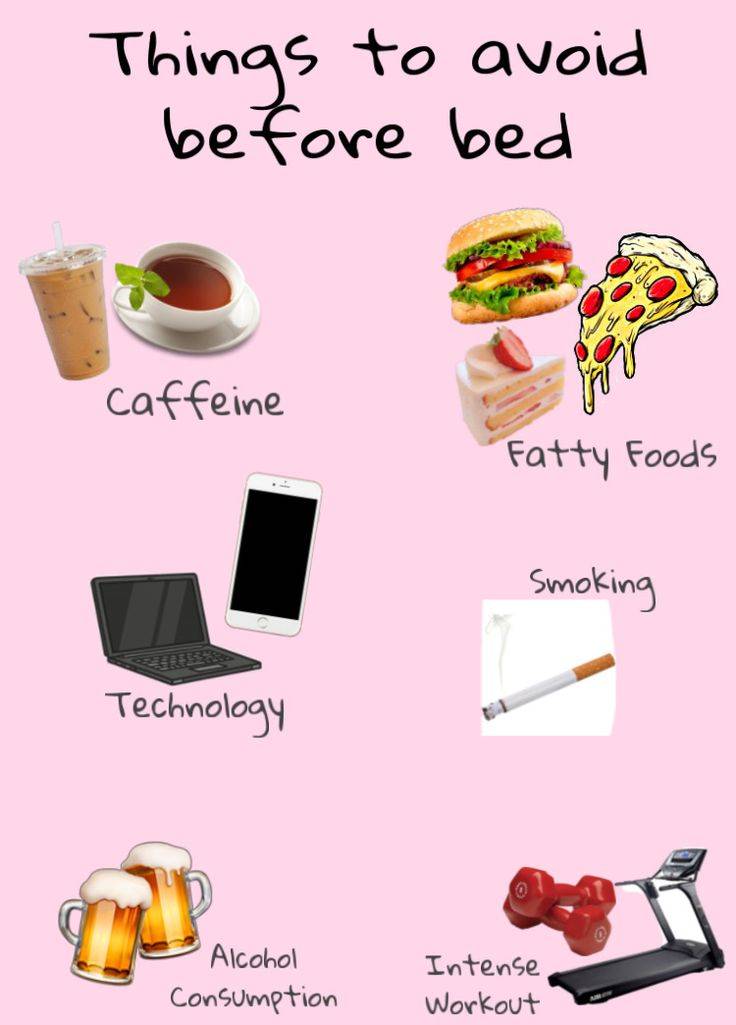 What Everyone Should Do Before Going to Bed
What Everyone Should Do Before Going to Bed
A good night’s sleep is essential for overall well-being, mental clarity, and physical health. However, with busy lifestyles and endless distractions, winding down properly before bed is often overlooked. Creating a consistent nighttime routine can help enhance sleep quality, reduce stress, and prepare both your mind and body for a restful slumber. Here’s what everyone should do before going to bed:
1. Unplug from Screens
One of the most important things you can do before bed is to unplug from screens—phones, tablets, laptops, and TVs. The blue light emitted by these devices interferes with the production of melatonin, a hormone that regulates sleep. Try to avoid screens for at least 30 minutes before bedtime. Instead, opt for activities like reading a book, listening to music, or engaging in a calm conversation. This simple step can significantly improve the quality of your sleep.
2. Practice Relaxation Techniques
Stress and anxiety can keep your mind racing, making it difficult to fall asleep. Incorporating relaxation techniques into your pre-bedtime routine can help calm your mind and body. Meditation, deep breathing exercises, or progressive muscle relaxation can reduce stress levels and signal to your body that it’s time to unwind. Even a few minutes of mindfulness can create a sense of peace and prepare you for sleep.
3. Set a Consistent Sleep Schedule
Consistency is key to good sleep hygiene. Going to bed and waking up at the same time every day—even on weekends—helps regulate your body’s internal clock, making it easier to fall asleep and wake up naturally. Establishing this routine helps train your brain to expect sleep at a certain time, promoting deeper and more restful sleep.
4. Create a Comfortable Sleep Environment
Your sleep environment plays a big role in how well you rest. Ensure that your bedroom is cool, quiet, and dark, as these conditions are ideal for sleep. Invest in comfortable bedding and pillows that support your sleep posture. Consider using blackout curtains or an eye mask to block out any disruptive light. If noise is an issue, a white noise machine or earplugs can help maintain a tranquil atmosphere.
5. Limit Caffeine and Heavy Meals
What you eat and drink can affect your ability to fall asleep. Avoid caffeine and large meals at least three hours before bedtime. Caffeine is a stimulant that can keep you awake, while heavy meals can cause indigestion and discomfort, making it harder to sleep. If you’re hungry before bed, opt for a light snack like a banana or a small serving of yogurt, both of which can promote sleep.
6. Wind Down with a Bedtime Ritual
A relaxing bedtime ritual signals to your brain that it’s time to transition from the busyness of the day to rest. This could involve simple activities such as taking a warm bath, sipping on a cup of herbal tea, or writing in a journal. Engaging in a consistent bedtime ritual helps train your brain to associate these actions with sleep, making it easier to relax and fall asleep faster.
7. Reflect on the Day
Taking a few minutes to reflect on your day can help you process thoughts and emotions before going to bed. You can do this by journaling, jotting down a few things you’re grateful for, or simply thinking about what went well. This positive reflection can help shift your mindset and release any lingering stress or tension, making it easier to relax.
8. Prepare for Tomorrow
Taking a few minutes to prepare for the next day can give you peace of mind and reduce morning stress. Lay out your clothes, pack your lunch, or create a to-do list for the next day. This small effort can help you feel more organized and relaxed, knowing that you’ve taken care of things in advance.
Conclusion
Developing a nighttime routine can significantly impact the quality of your sleep and overall well-being. By incorporating these simple yet effective habits, you can create an environment that promotes relaxation, reduces stress, and ensures that you wake up feeling refreshed and ready to face the day ahead. Prioritize your pre-sleep rituals, and you’ll likely notice improvements in your mood, focus, and energy levels.


